(LĐ online) - Da Pal Mulberry Production and Service Cooperative (Da Pal Commune, Da Teh District) is testing the installation of air conditioners in silkworm houses to overcome harsh weather factors, ensure a favorable environment for silkworm growth and improve the quality of silkworm cocoons.
 |
| Da Pal farmers have a lot of experience with traditional occupations, have good mulberry varieties, stable silkworm varieties, but the climate is sometimes harsh, affecting the quality of silkworm cocoons. |
In recent years, new advances in science and technology have been applied synchronously to help mulberry farming and silkworm raising reduce investment costs, reduce labor, increase productivity, output and quality of silkworm cocoons. Old, low-yielding native mulberry varieties have been replaced by new varieties suitable for Lam Dong's weather and soil conditions.
 |
| Mr. Pham Thanh Lam's family is raising silkworms to supply cooperative members and some neighboring areas. |
According to the district’s agricultural sector statistics, the current mulberry area is nearly 1,500 hectares. Of which, the “cradle” of Da Teh silkworms is Da Pal commune, where more than 70% of the population are from Nam Dinh who came to build a new economy from 1986-1987. They carry with them the traditional mulberry growing and silkworm raising profession of their ancestors.
Mr. Pham Thanh Lam - Director of Da Pal Mulberry Production and Service Cooperative said that currently, the quality of silkworm breeds has been somewhat improved, new mulberry breeds have high productivity, silkworm raising techniques have been innovated, so farmers who grow mulberry and raise silkworms have had a much easier time.
 |
| During the silkworm farming process, the amount of silkworm manure discharged will be relatively large, emitting CO2 gas, so it is necessary to install an exhaust fan to create a ventilated environment. |
The idea of raising silkworms in cold houses was also first tested by him after having the opportunity to exchange and learn about the silkworm farming profession in many places, especially in some localities in the Central region.
 |
| The temperature and humidity in the silkworm house are adjusted to suit the silkworms. |
“The information written on the silkworm egg package states that the ideal temperature is 25 - 27 degrees Celsius, humidity 80 - 85%. But very few times in Da Teh reach this ideal temperature. At the peak of the dry season, the outdoor temperature can reach over 35 degrees Celsius. This negatively affects the growth of silkworms, silkworms are susceptible to diseases, and cocoon productivity decreases,” Mr. Lam shared.
Mr. Lam added that, as in previous years, after Tet, the hot weather caused the silkworm cocoon yield to only reach about 20 - 30 kg/box, equivalent to a 50% reduction in output. Not to mention some cases of poor quality silkworm cocoons being returned by the factory.
 |
| Thermometer is installed to monitor the temperature level when the outside temperature changes. |
With a silkworm house area of 70 m2 , Mr. Lam installed 2 air conditioners and an exhaust fan to create an ideal environment for silkworms to grow. At the same time, he repaired the silkworm house, lining it with insulation panels to ensure airtightness. The total investment cost is about 40 million VND.
 |
| Adjust temperature below 30 degrees Celsius to have good silkworm breed. |
Seeing the effectiveness, we contacted the local agricultural sector to propose testing the model in the cooperative.
 | |
|
Mr. Pham Xuan Tien - Head of the Department of Agriculture and Rural Development, in order to develop a sustainable silkworm farming industry, in 2023, the District People's Committee has allocated capital to test a number of new mulberry varieties to evaluate productivity and resistance to nematodes; build disease-safe mulberry gardens with cultivation measures; support the conversion of mulberry gardens severely affected by nematodes to other crops, and replant mulberry after 1 year.
 |
| Silkworms have body temperature that depends on environmental temperature. |
From the budget of the New Rural Development Program, the Department of Agriculture and Rural Development has advised the District People's Committee to support the Da Pal Agricultural and Sericulture Service Cooperative to purchase 22 air conditioners for the pilot project in 13 households. The households invested in the cost of repairing the silkworm houses themselves. Through preliminary assessment, the model has initially brought about efficiency, the rate of silkworm loss has decreased by 5 - 10%, the output and quality of cocoons have increased by over 5%, the selling price of cocoons has increased by 10,000 - 15,000 VND/kg.
 |
| According to Mr. Trung, since installing air conditioning, when entering the silkworm house, the breeder can feel the air is more pleasant, cool, and odorless. |
According to Mr. Pham Thanh Lam, the Cooperative will continue to monitor the effectiveness of the model and will support expansion if members have a need and hope that the model will truly be effective in the coming time to help silkworm farmers become more stable as well as contribute to the local silkworm industry in particular and the province in general.
Source


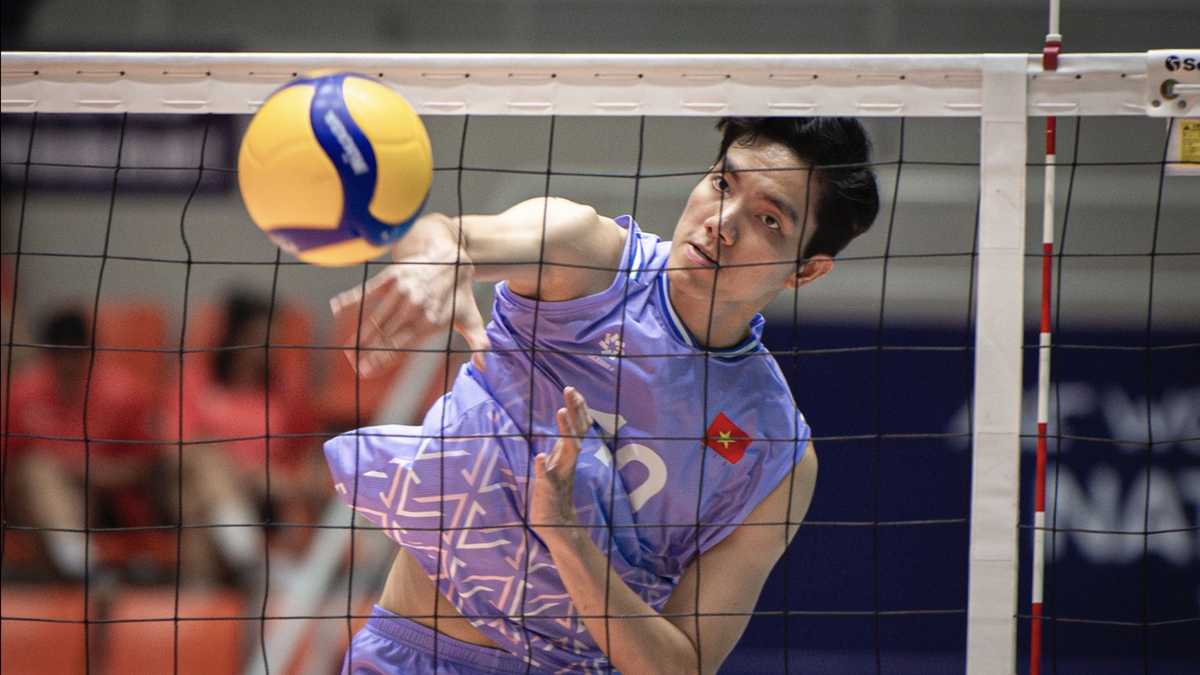





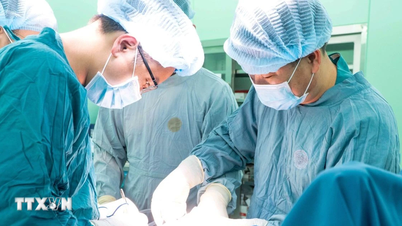













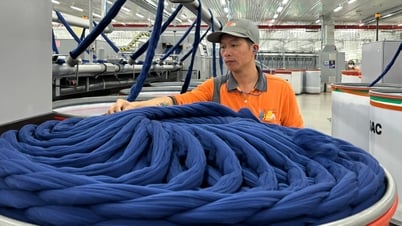











![[Photo] Prime Minister Pham Minh Chinh receives leaders of several Swedish corporations](https://vphoto.vietnam.vn/thumb/1200x675/vietnam/resource/IMAGE/2025/6/14/4437981cf1264434a949b4772f9432b6)




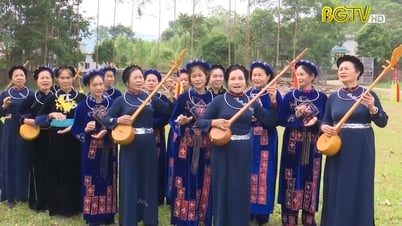



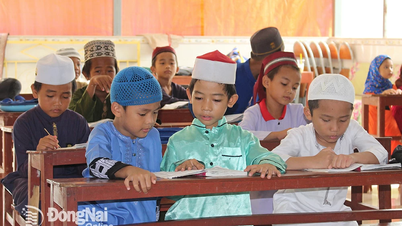



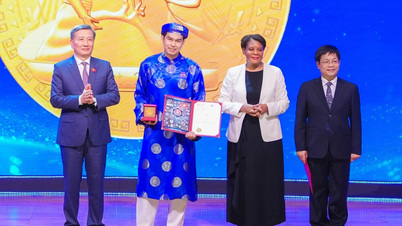






























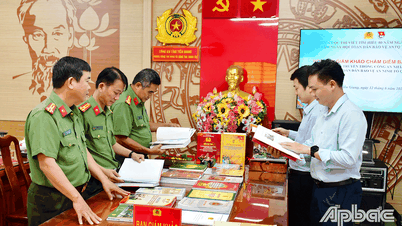









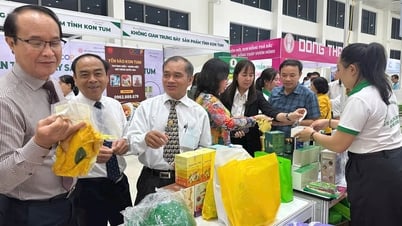

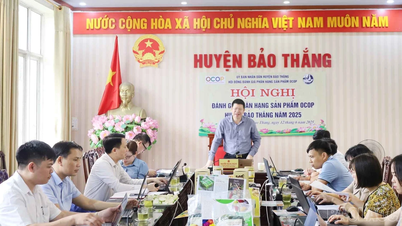





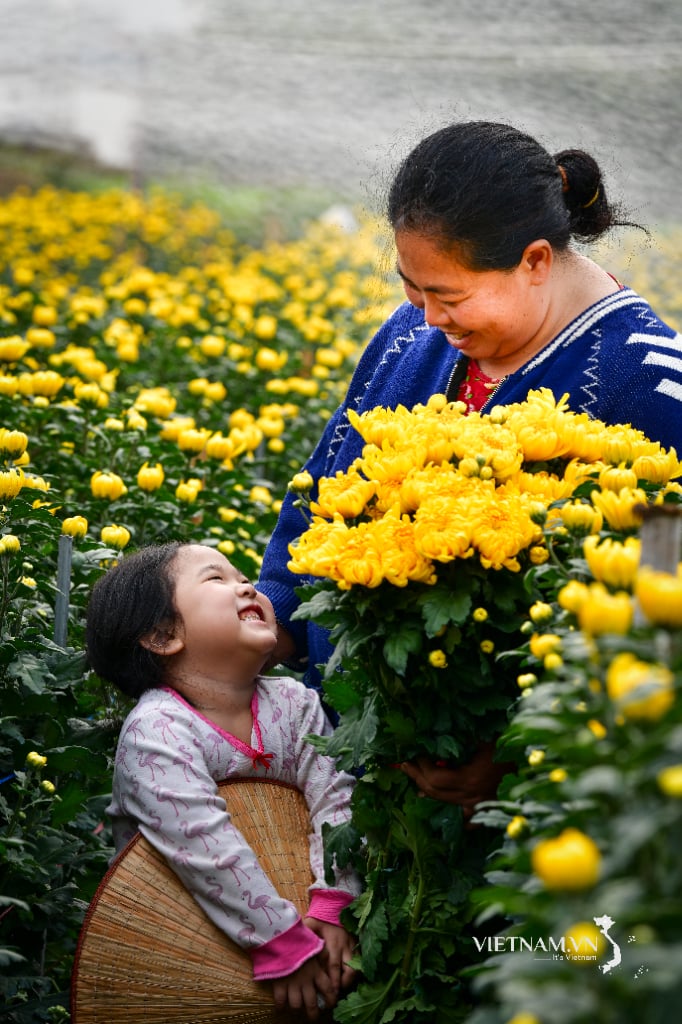


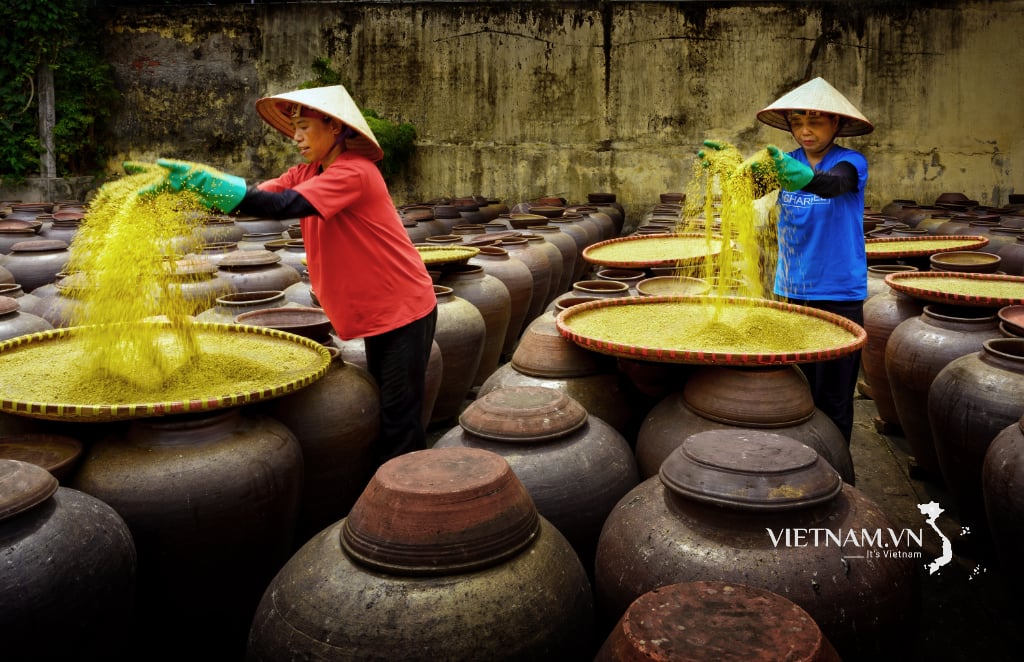
Comment (0)